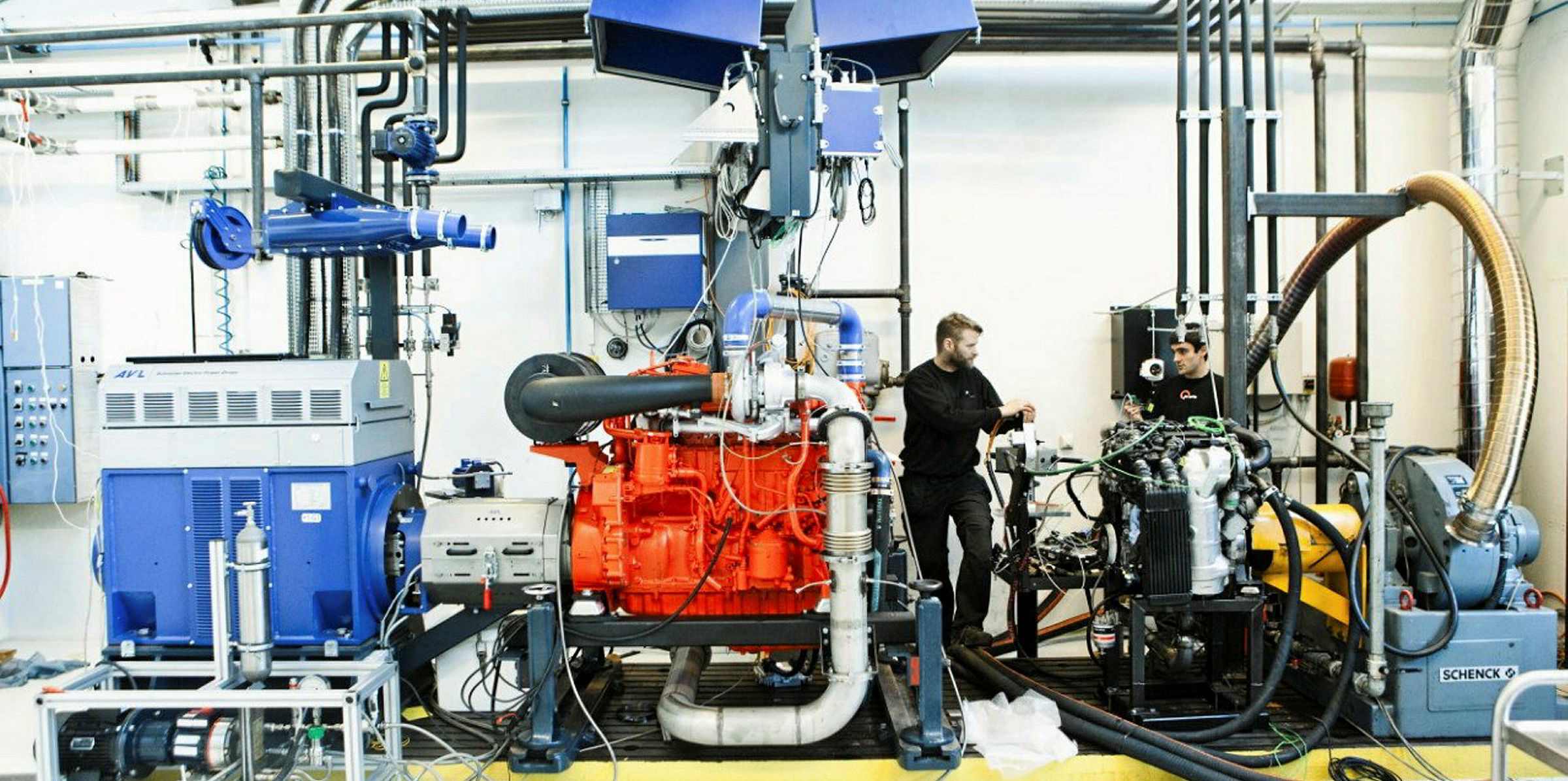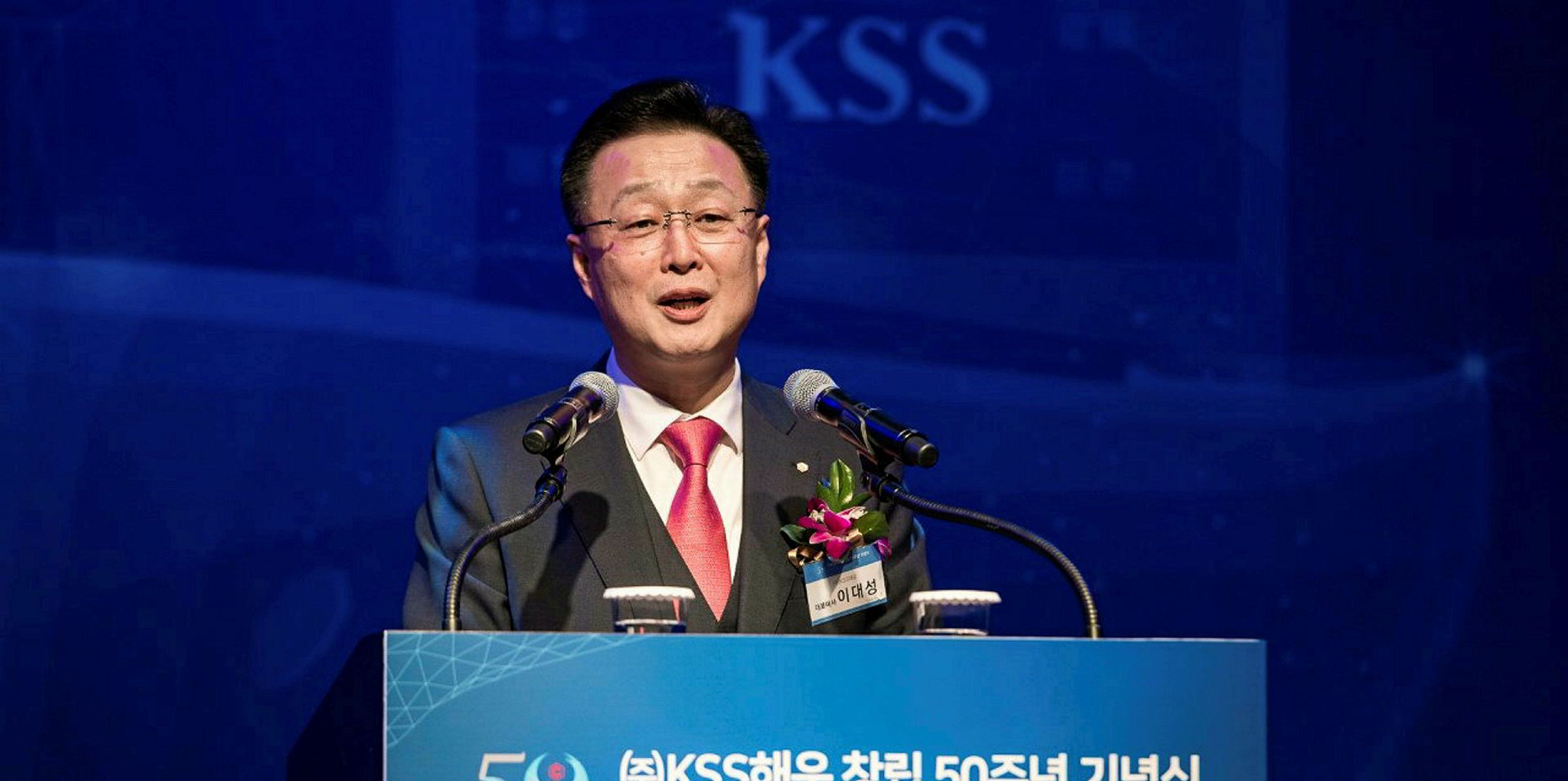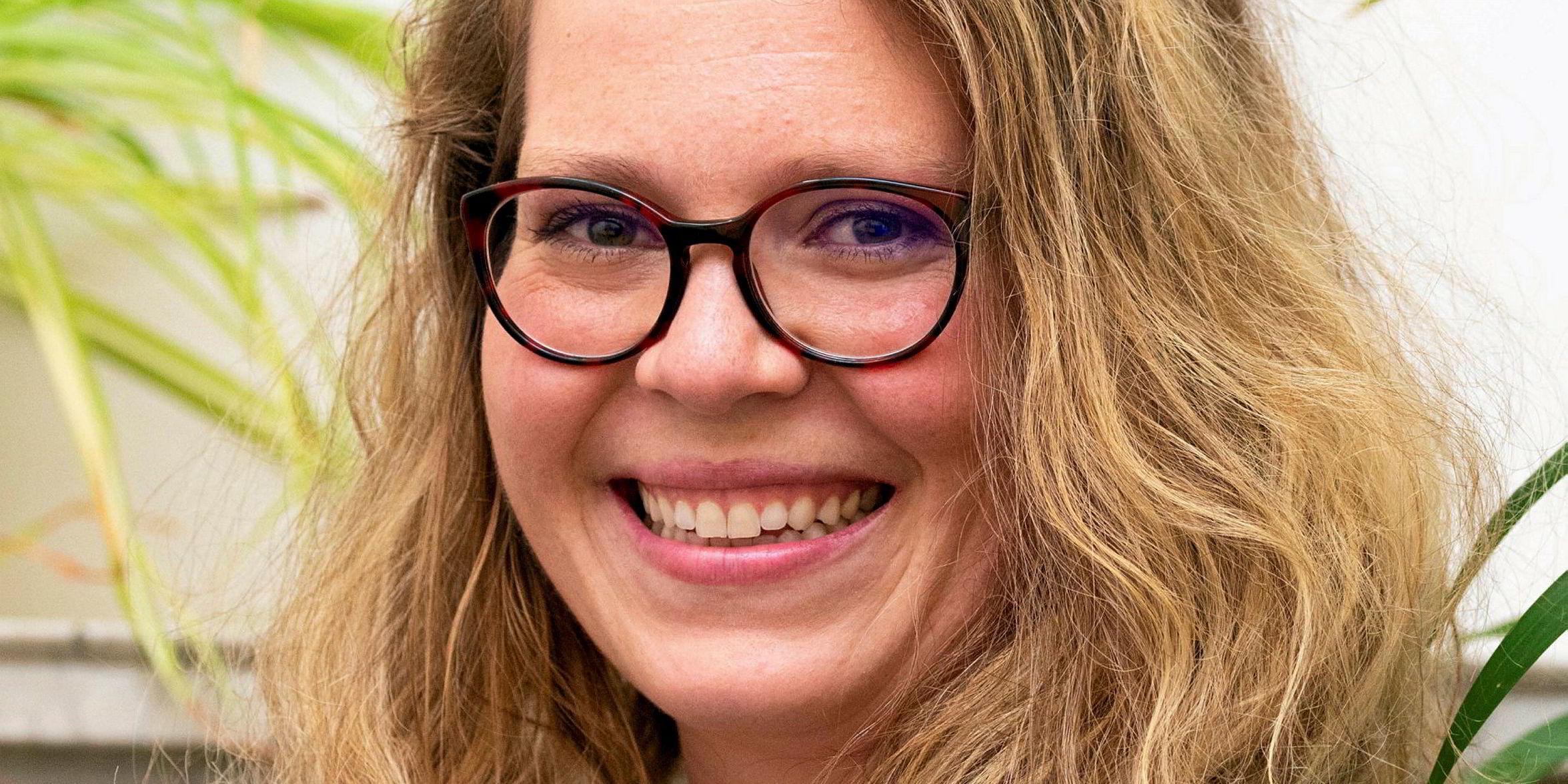Existing vessels will be able to run on the sustainable fuel methanol if a Danish study bears fruit.
A project supported by the Danish Energy Agency aims to develop a retrofit solution to make many ships fossil fuel-free.
Other biofuels could be included in the scheme, which is being led by the Danish Technological Institute.
"Methanol does not 'soot', has very low particle formation and can be produced CO2-neutral by, inter alia, biogas or wood," said the institute's senior specialist, Kim Winther.
"But today methanol can only be used with dual-fuel technology; ie, the ship has diesel as a support firing."He told TradeWinds the idea is to use M-95, which is 95% methanol.
"It will take time to refit ships, so we don’t expect a sea trial that soon," he added.
"We are also looking at fuel pre-heating, as well as injection timing, but the final settings have not yet been decided."
The institute told TradeWinds the study will run until the end of 2021.
Other partners are engine-maker MAN Energy Solutions, chemicals specialist Nouryon Surface Chemistry, shipping technology company Alfa Laval, the Technical University of Denmark and bio-methanol producer Nordic Green.
Creating a shortcut
"Our goal is to create a shortcut for ships with diesel engines to become fossil-free. We want to find a simple solution for existing engines, so that shipping can replace diesel with methanol as a CO2-neutral alternative fuel," Winther said.
MAN Energy Solutions said it is experiencing demand for alternative-fuel engines. By means of this project it wants to offer an economical, efficient solution for its four-stroke engines.

"We want to cover the market for ship engines for many different fuels. Methanol is, with regard to price, a reasonable alternative to diesel," said engineer Klaus Petersen of MAN Energy Solutions.
"At the same time, it is possible to purchase methanol anywhere in the world and it is easy to transport. For those reasons, the project makes good sense to us."
The project partners will look at a number of technical steps, but without major intervention in the engine itself.
'Competitive on price'
Air pre-heating will be added to the engine and an additional fuel booster will be developed by Alfa Laval.
Dutch chemistry group Nouryon, formerly part of Akzo Nobel, will investigate which addition of additives is optimal for the diesel engine in question.
"I am confident that the project will succeed," Petersen said.
"Thus, I expect that we will offer an attractive service package for methanol when the project is completed. This service package should preferably be competitive on price and ensure that we can still sail with the highest performance possible."
Ship orders increasing
Methanol power has become increasingly popular for tankers built specially to carry the fuel.
Japan's Iino Kaiun Kaisha said last week that construction of the 50,000-dwt Creole Sun, the company's first tanker equipped with a two-stroke dual-fuel methanol-powered engine, was completed in December.
Since then, KSS Line has made its debut in the MR tanker sector by ordering a single newbuilding at Hyundai Mipo Dockyard (HMD).
The South Korean gas carrier and chemical tanker owner has commissioned HMD to construct a methanol-powered, 50,000-dwt product tanker for delivery in 2022, according to market sources.
Before this, four companies signed up for seven 50,000-dwt tankers that will also run on methanol, TradeWinds reported.
Sweden’s Marinvest, and Japan’s NYK Line and Meiji Shipping each booked two vessels, while MOL has signed up for one.
The Proman/Stena Bulk joint venture finalised an order for two 50,000-dwt methanol-ready tankers at Guangzhou Shipbuilding International in China last year, for delivery in 2022.






